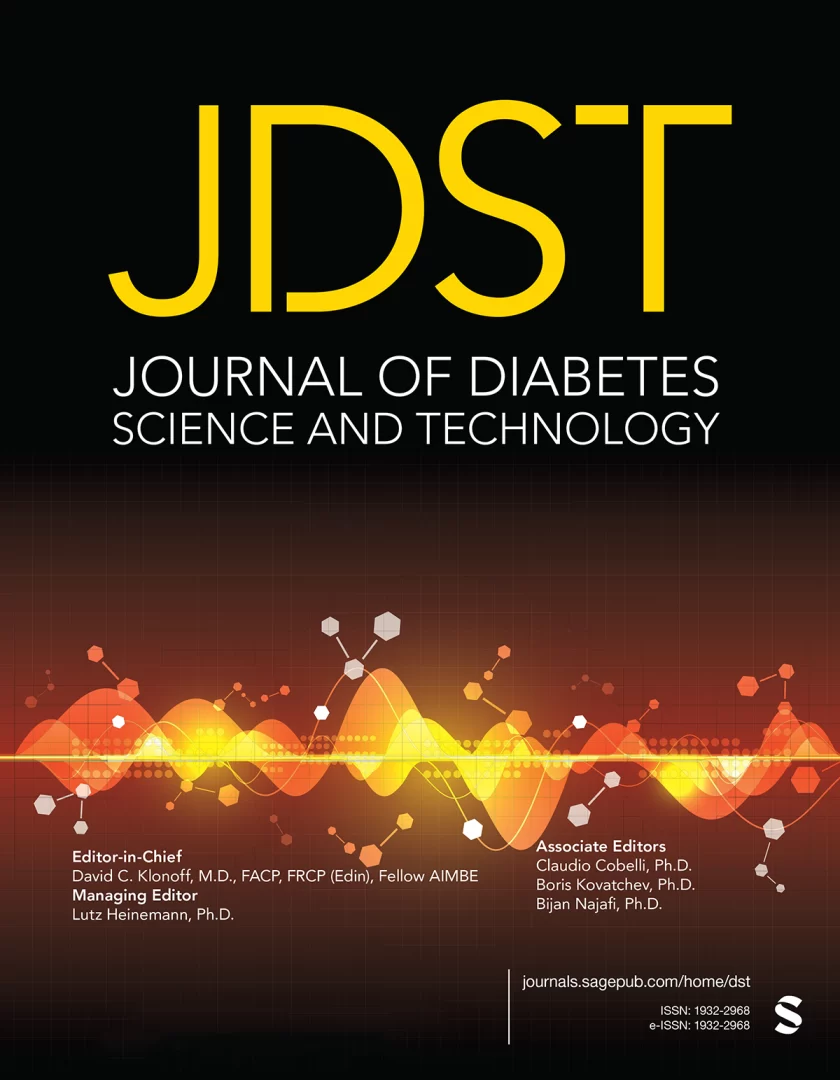Effective Therapies for Digestive Disorders

Original Article: https://www.medscape.com/viewarticle/psychological-approaches-calm-functional-digestive-disorders-2024a10007na
Exploring Alternative Treatments
At a recent medical conference, experts discussed new ways to manage symptoms of functional digestive disorders such as irritable bowel syndrome (IBS). Traditional medications are often not completely effective or their benefit runs out. Previous research has suggested that therapies including hypnosis, cognitive-behavioral therapy (CBT), and mindfulness meditation have shown promise in reducing symptoms and improving quality of life.
Hypnosis: A Powerful Tool
Hypnosis, a state of focused consciousness, has emerged as a leading therapy for IBS. It helps normalize sensitivity in the gut and can reduce pain and bloating. Studies have shown that regular hypnosis sessions can significantly improve symptoms and even address anxiety and sleep issues. Patients can also learn self-hypnosis techniques for long-term benefits. Hypnosis has also been effective for managing dyspepsia, another digestive disorder causing stomach pain.
CBT and Mindfulness Meditation
Cognitive-behavioral therapy (CBT) is another effective therapy for IBS, focusing on managing anxiety and stress related to symptoms. Sessions help sufferers understand the connection between stress and symptoms, providing tools to control stress during painful episodes. Mindfulness meditation, which involves focusing on the present moment, has also shown positive results. It helps individuals with IBS develop coping strategies and has been linked to symptom reduction in IBS. While these therapies may involve costs, there are affordable options like mobile applications for meditation practice.

